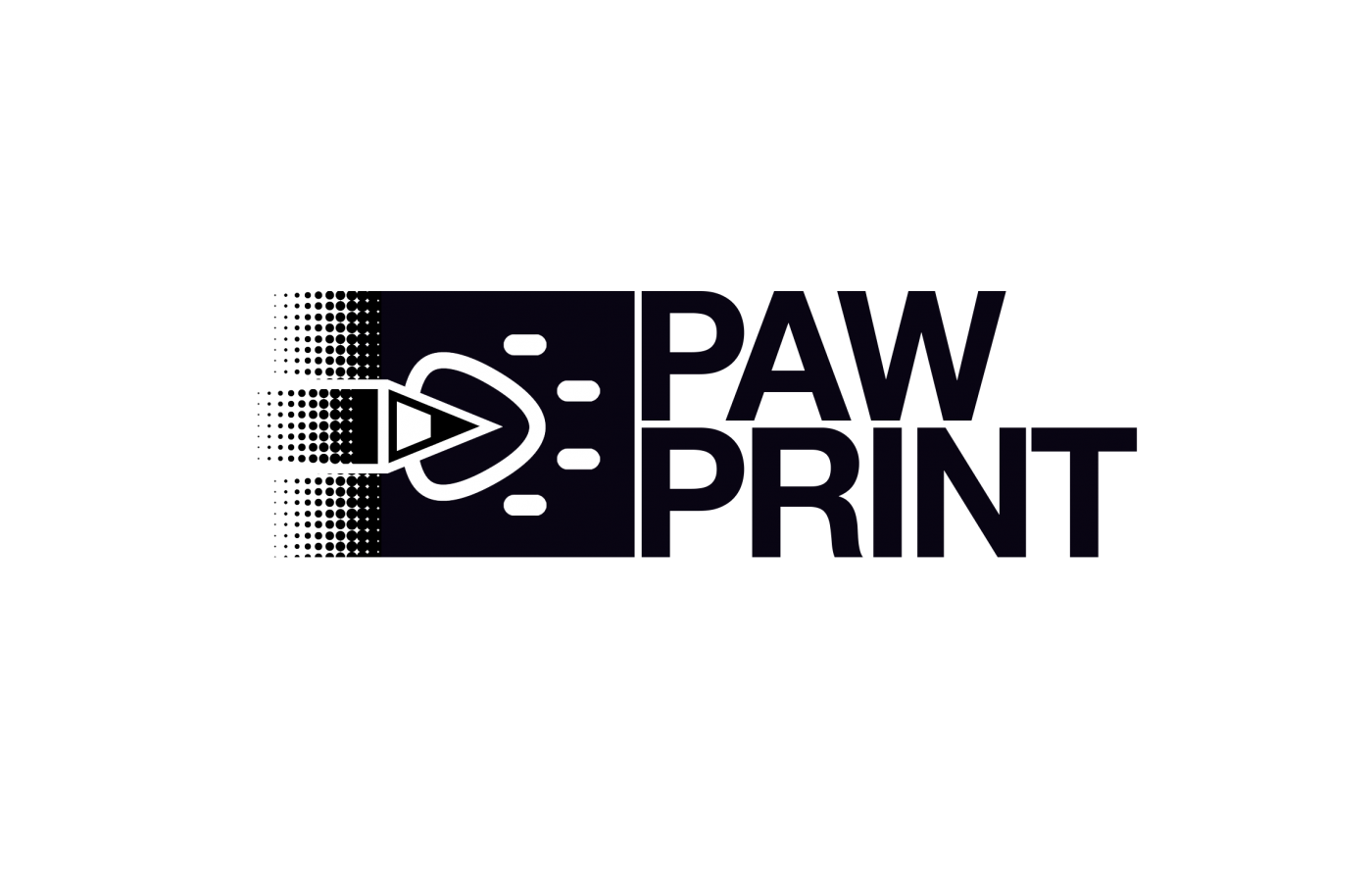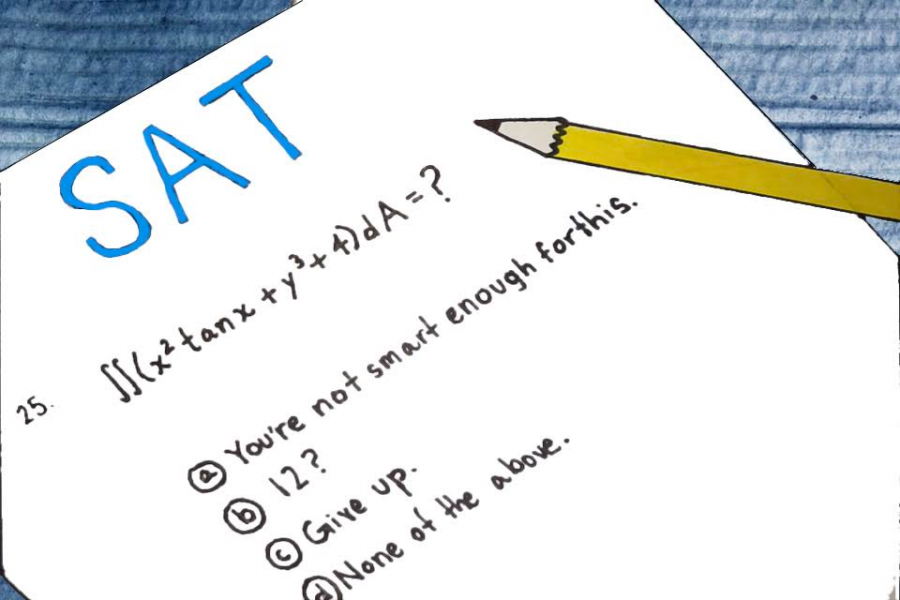Tackling the SAT: Whitman Style
Oh, the glory of standardized testing. The SAT tends to loom over mainly high school juniors and seniors embarking on the college application process like an ominous cloud. It’s a rather important exam; in fact, it’s so important that dozens of celebrities have been imprisoned for bribing a Harvard graduate to take the test for their children. Realistically, not everyone can spend $500,000 to pay someone to take the SAT for them, so I was interested to learn more about how Whitman students prepared for the exam.
To senior Kayla Sakayan, the most effective way to prepare for this test was to “carve out approximately 8 hours a week for SAT prep,” using the College Board materials. Additionally, Kayla took “prep courses on a weekly basis” in order to learn “more about test taking techniques” and “hone in on the content that’s frequently tested.” She “highly recommends” her preparation techniques, as they have helped her become more “acclimated with taking the exam” and “comfortable with the timing of it.”
Junior Amanda Smuss utilized a similar method of preparation. She “took a class through the school,” and “took practice tests on [her] own time” after the course had finished. Amanda mentions her study plan was “affordable” as well as “reasonable in terms of the amount of studying she put in per week.”
However, senior Juli Chiriboga employed a different preparation method; she found that taking her “first SAT as a ‘baseline’ without studying,” and “studying before taking it again” helped her increase to an impressive 1400 when superscored. Superscoring is when College Board combines the better composite English score with the better composite math score after multiple testing sessions. Juli “didn’t do any [formal] preparation” for any of the three tests she took.
No matter how you choose to prepare for the SAT, it’s pretty clear that it’s not a good idea to go into the test completely blind. Studying for the SAT is all about personal preferences and being accountable for improving your scores. The most significant score improvements come from practicing as much as possible. If standardized testing is not your forte, don’t fret; there are plenty of amazing test-optional schools out there. The SAT is certainly a beatable test, and it may take some time to get into the groove, so it wouldn’t be a bad idea to see if any of these methods work for you!


